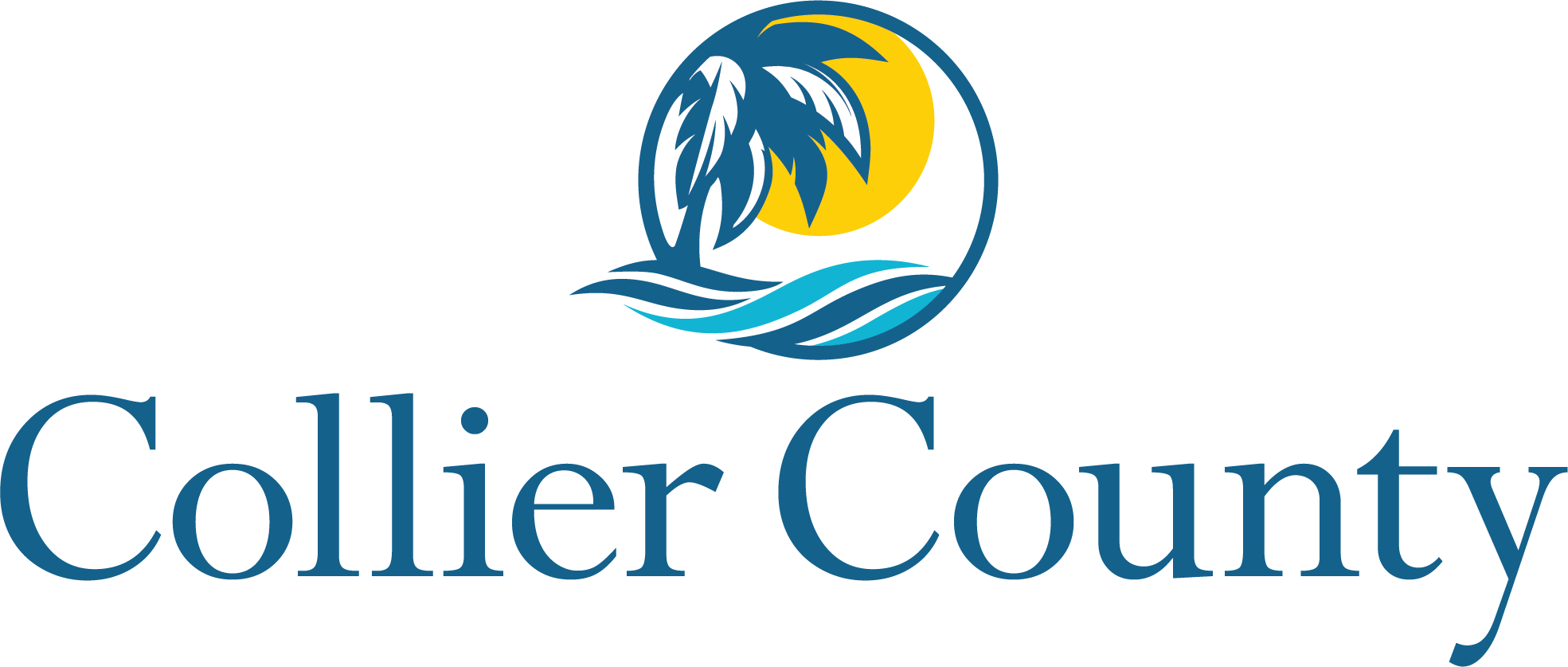Boil Water Notice FAQs
BOIL WATER NOTICE FAQS
Boil Water Notices are issued by the Collier County Water-Sewer District in compliance with the Florida Department of Health Guidelines. The notices are precautionary and are in place until samples have been collected and analyzed to ensure the safety of your potable drinking water.
View the status of water issues reported or detected in your area. The map will indicate water service interruptions and precautionary boil water notices issued.
Use the button at the top right of the map to report an issue with your water service. You can also report an issue by calling the Water Division at 239-252-6245.
If you live in a community serviced by a Master Meter account, you will receive notifications from your property management or HOA representative. You can view issues in your area on the NotifyNow Map.
Why are boil water notices necessary?
When the pressure in the water main that provides water to your home or business is less than 20 pounds per square inch (psi), a boil water notice is required if certain conditions are met. These conditions include the number of connections affected by an outage, duration, or connection type. The notice is issued as a precaution, even when contamination is unlikely. Any pressure loss could allow harmful bacteria to enter the distribution system. The notice remains in effect until samples are collected from the potable water system and analyzed.
What does a boil water notice mean?
A boil water notice means water entering your home or business should not be utilized for drinking, cooking, or ice-making until the tests verify its safety. Test results are generally available 24 hours after your service is restored. While you are waiting for the results, potable water should be boiled to kill any microorganisms that may be present.
How long should water be boiled?
Vigorous boiling for at least one full minute is sufficient.
Why does boiling water make it safe to consume?
Boiling purifies the water because disease-causing bacteria, viruses, and parasites are destroyed by heat.
How will I know when the boil water notice is lifted?
You will receive a written notice that the boil water notice has been lifted. You can also visit our website to see updates on what areas are affected by scheduled and unscheduled shutdowns and boil water notices currently in effect.
Can I wash my hands with the water?
Tap water and antibacterial soap are safe for basic hygiene, but if you wash your hands to prepare food, use bottled or boiled water.
What should I do about preparing food?
Fruits, vegetables, and any other foods that will not be cooked should be washed and rinsed with boiled (and then cooled) water or water from an acceptable alternate source. Similarly, ice should be made with boiled water or water from an acceptable alternate source.
What should I do about washing dishes?
If possible, use disposable plates, cups, and utensils during a boil water advisory. Household dishwashers are generally safe to use if the water reaches a final rinse temperature of at least 150 degrees Fahrenheit or the dishwater has a sanitizing cycle.
To wash dishes by hand:
Wash and rinse the dishes as you normally would using hot water.
In a separate basin, add 1 teaspoon of unscented household liquid bleach for each gallon of warm water. Soak the rinsed dishes in the water for at least one minute. Let the dishes air dry completely before using them again.
What should I do about cleaning my baby’s bottles?
Sanitize all baby bottles and feeding parts in a pot of boiling water for 5 minutes.
What about utilizing tap water for bathing and brushing your teeth?
Use boiled or bottled water to brush your teeth. Tap water for bathing is fine, but avoid getting water in your mouth and nose. People with recent cuts, surgical wounds, immunity concerns, or chorionic illnesses may consider utilizing boiled water for bathing.
I have a water filter; do I still need to boil my water?
Yes. Water filters do not remove bacteria; water should be boiled for at least one minute.
Is it safe to leave my automatic pool fill system in operation?
Yes. Your pool chemicals will address any potential issues.
What if I need to do Laundry?
It is safe to wash clothes as usual.
What if I need to do cleaning?
Clean washable surfaces with bottled water, boiled water, or water disinfected with bleach.
Caring for pets:
Pets can get sick from some of the same germs as people or spread germs to people. Give pets bottled water or boiled water that has cooled.
What if I drank water from the tap without boiling it?
Although the likelihood of becoming ill is low, illness is certainly possible, especially for people with chronic illnesses or who may be immune compromised. This is why boil water notices are issued.
Anyone experiencing symptoms of gastroenteritis, such as diarrhea, nausea, vomiting, or abdominal cramps, with or without fever, should seek medical attention. These symptoms are not unique to exposure to potential contaminants/organisms in the water, and a doctor's involvement is key to identifying the cause of your illness. You may be asked to provide blood and/or stool samples if your doctor suspects a waterborne illness.